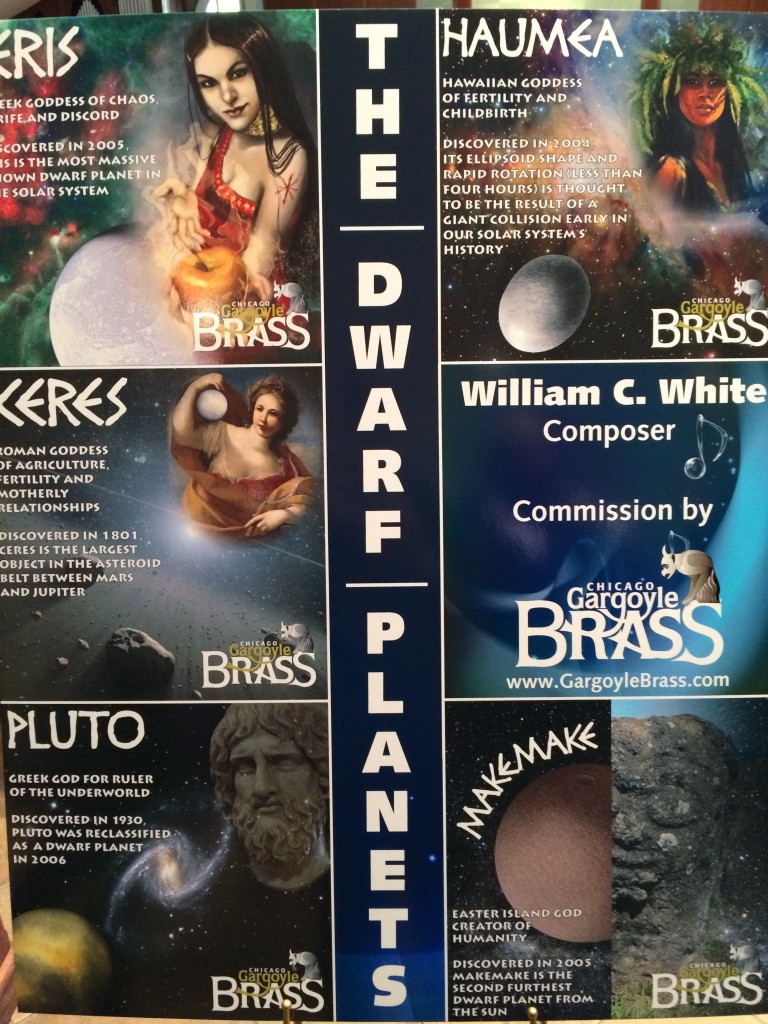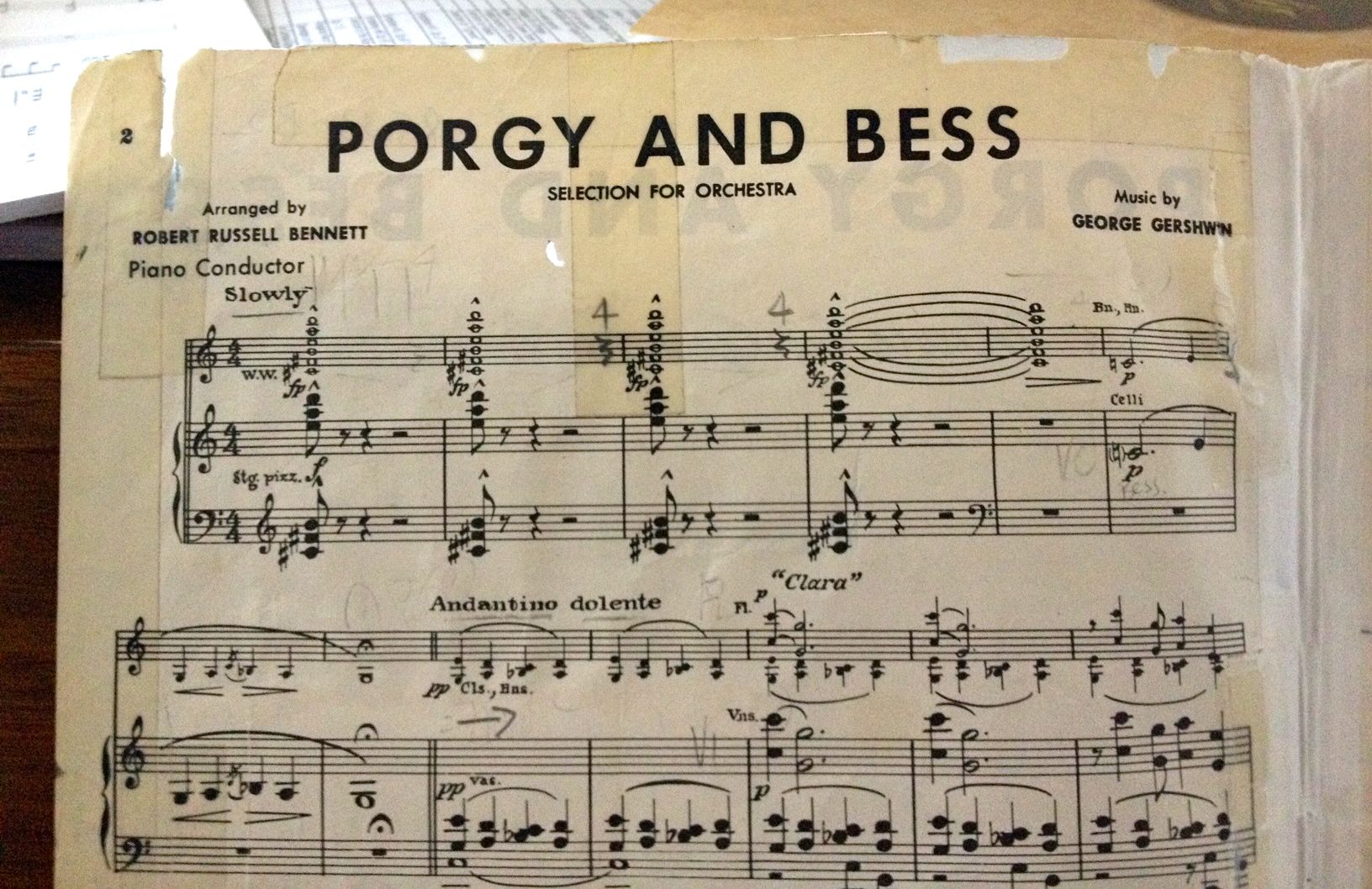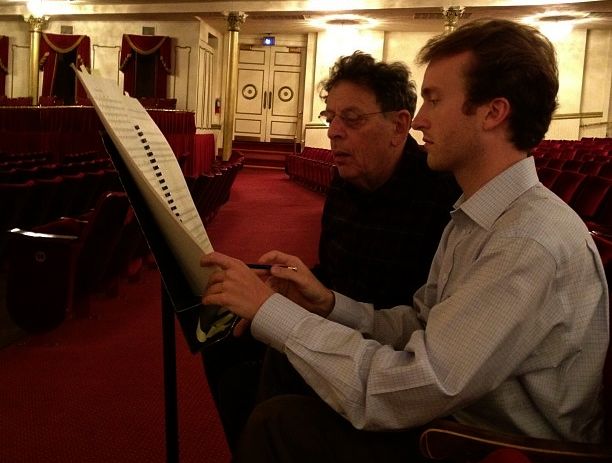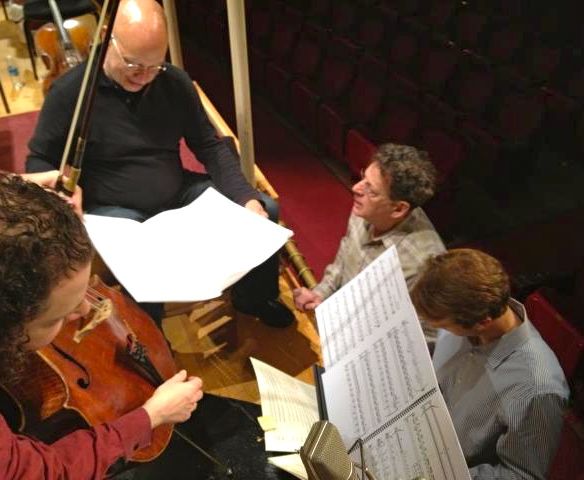for brass quintet, timpani, and organ
I wrote this piece over the course of April and May, 2012.  How it ever dawned on me to compose a set of tone poems in the mould of Holst’s The Planets featuring the deities assigned to the most distant celestial bodies I do not now remember.  What I do remember thinking is “really?” and that the idea grew on me as I mulled it over.
The currently recognized Dwarf Planets are: Haumea, Pluto, Ceres, Eris, and Makemake. There are something like 50 other candidates, which may necessitate a second suite at some point in the future.
Three of these planets are named for European gods and goddesses: Pluto, Ceres, and Eris, but the ones that really got my juices flowing were the Polynesians: Haumea, the Hawaiian goddess of fertility and childbirth, and Makemake, the Rapa Nui (Easter Island) god of the bird-man cult (about which, see more below.)
This piece was composed for the Gargoyle Brass Quintet and was commissioned by the group’s founder, tubist Rodney Holmes. It was toured as part of the quintet’s 2014 season and recorded for the MSR Classics label.
1. Haumea
Haumea is the Hawaiian goddess of fertility and childbirth. Nearly all the Hawaiian gods and goddesses count her as their mother; she is a profoundly incestuous figure, bearing the offspring of her own sons and grandsons. The music is primordial and noble, and the main melody (a sort of chant) continues with variation throughout the piece.
2. Pluto
Both the most famous dwarf planet and the most famous god on the list, Pluto is the Roman ruler of the underworld. The scene depicted in this movement is the abduction of Persephone, Pluto’s young bride. Often depicted as a violent abduction, here the music never rises above piano, portraying the scene as a mysterious disappearance. The opening melody depicts Persephone herself.
3. Ceres
Like many ancient gods and goddesses, Ceres represents several ideas. The two most important are: agriculture and motherly relationships. Hence, the movement opens with a joyous harvest dance, the melody of which is then slowed down and turned into a lullaby in the central section. This is followed by a reprise of the festival dance and a coda.
4. Eris
Eris is the Greek goddess of strife and discord. This movement, a solo for the organ, presents a series of consonant chords that are disturbed by the addition of foreign notes. The dissonances grow greater and greater. An ostinato is played throughout by the middle C on the pedal board.
5. Makemake
Makemake comes from the Rapa Nui people of Easter Island, and is both the creator of humanity and the chief god of the bird-man cult. Each year, the youths of Easter Island were pitted against one another in a dangerous race, swimming out to sea to try to capture the eggs of the Sooty Tern, a bird that nested on rocks several kilometers out at sea. Many of the participants were devoured by sharks, but the winner earned god-like status for the rest of the year. This movement depicts the call to the race, the race itself, and the victory.
[Now.  Something must be said about the poster image below.  The graphic designer (whom I know not) was inspired by my concept to create this insane, Game-of-Thrones-fan-art phantasmagoria, and when I saw it at the premiere I demanded a copy; the poster is now proudly displayed on my studio wall.  To whomever served as the model for Eris, the goddess of chaos, strife, and discord: I salute you, good lady.]





